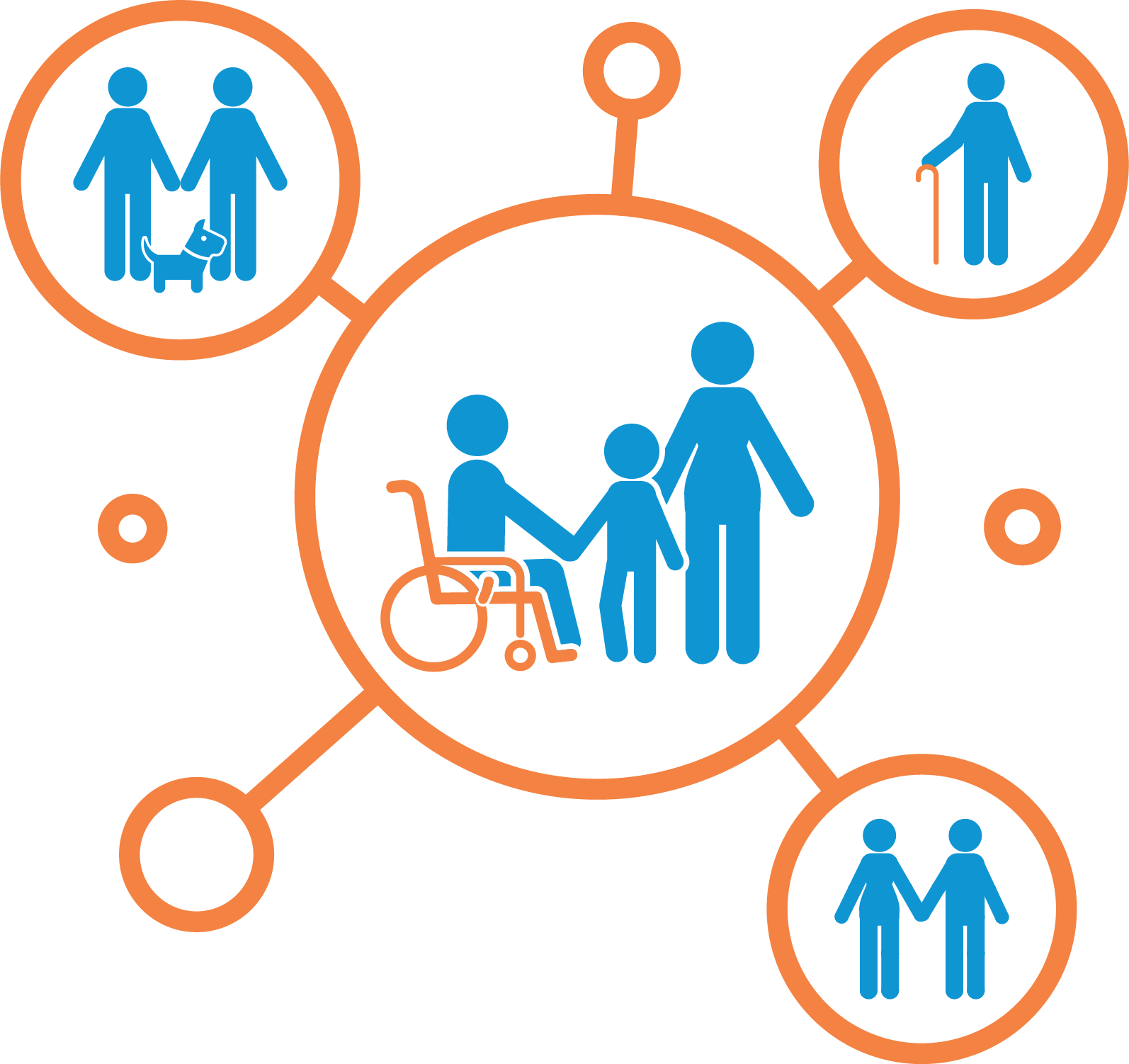Reconnect and restore daily life by reuniting with others, repairing damage, and rebuilding community.

ECA’s Step 7 Webinar reviews how to Reconnect and Restore
(Click “CC” for captions)
Learn about our Safer At Home Webinar Series
In the days and weeks that follow a big earthquake, your family, friends and neighbors can come together to start the process of recovery.
Once you have dealt with urgent and immediate needs after an earthquake, continue to follow the plan you prepared in advance. Aftershocks will continue to happen for several weeks after major earthquakes. Some may be large enough to cause additional damage. Always be ready to drop, cover, and hold on.
Following a major disaster, communication will be an important step in your recovery efforts. Turn on your portable radio for information and safety advisories. If your home is damaged, contact your insurance agent right away to begin your claims process. For most Presidentially declared disasters, resources will also be available from federal, state, and local government agencies.
Your recovery period can take several weeks to months or longer. Take the actions listed below to be safe and to minimize the long-term effects of the earthquake on your life.
The first days after the earthquake…
Following aftershocks, continue to check for gas leaks, chemical spills, damaged electrical wiring and broken water pipes.
- Take pictures of any damage to your property and home.
- Contact your insurance agent or company right away to begin your claims process. Keep records of any repair or cleaning costs.
- Check on the condition of your neighbors, especially those who are seniors or disabled.
Be in communication
- Monitor local radio or television reports about where to get emergency housing, food, first aid, clothing and financial assistance.
- Place all phones back on their cradles.
- Update your out-of-area contact, tell them your status, then stay off the phone. Emergency responders need to use the phone lines for lifesaving communications.
Food and water
- If power is off, plan meals to use up refrigerated and frozen foods first. If you keep the door closed, food in your freezer may be good for a couple of days. Save canned goods for later.
- Listen to your radio for safety advisories.
- If your water is off or unsafe, you can drink from water heaters, melted ice cubes, or canned vegetables. Avoid drinking water from swimming pools or spas.
- Do not eat or drink anything from open containers that are near shattered glass.
The first weeks after the earthquake…
If you can stay in your home
If your home is safe to occupy and not in danger of collapse in aftershocks, it may be best to remain there even if utilities are out, as shelters or other housing may be overcrowded. You will have a variety of tasks to accomplish:
- If your gas was turned off, you will need to arrange for the gas company to turn it back on.
- If the electricity went off and then came back on, check your appliances and electronic equipment for damage.
- If water lines broke, look for water damage.
- Locate and/or replace critical documents that may have been misplaced, damaged, or destroyed.
If you cannot stay in your home…
If your home is structurally unsafe or threatened by a fire or other hazard, you need to evacuate. However, shelters may be overcrowded and initially lack basic services, so do not leave home just because utilities are out of service or your home and its contents have suffered moderate damage. If you do evacuate, tell a neighbor and your out-of-area contact where you are going. As soon as possible, set up an alternative mailing address with the post office in person or online with the USPS.
Take the following, if possible, when you evacuate:

- Personal emergency supplies kits
- Medications and eyewear
- Supply of water, food, and snacks
- Blanket/pillow/air mattress or sleeping pad
- Change of clothing and a jacket
- Towel and washcloth
- Diapers, food, and other supplies for infants
- A few family pictures or other comfort items
- Personal identification and copies of household and health insurance information
Do not take to a shelter:
- Pets may not be allowed.(Service animals for people with disabilities are allowed; take food for them). Have a plan for your pets in advance.
- Large quantities of unnecessary clothing or other personal items
- Valuables that might be lost, stolen, or take up needed space
Wherever you are…
- Contact your insurance agent or company right away to begin your claims process.
- Visit DisasterAssistance.gov to find out about financial assistance from the Federal Emergency Management Agency (FEMA), U.S. Small Business Administration, or other federal and state agencies
- Once a Presidential Declaration has been issued, FEMA may activate the Individuals and Households Program. This program includes:
- Home-repair cash grants; the maximum Federal grant available (as of 2005) is $26,200
- Housing Assistance in the form of reimbursement for short-term lodging at a hotel
- Rental assistance for as long as 18 months in the form of cash payment
- If no other housing available, FEMA may provide mobile homes or other temporary housing
- If you need repairs to your home, check with the Contractors State Licensing Board to ensure your contractor is fully licensed. Fraud is common following a disaster. In California, visit cslb.ca.gov.
- Talk with your family about how they are feeling. Children and older adults are of special concern in the aftermath of disasters. Contact local faith-based organizations, voluntary agencies, or professionals for counseling.
- Reach out to neighborhood or community organizations and get involved. Your voice is important in deciding how your community will rebuild in the years to come.




